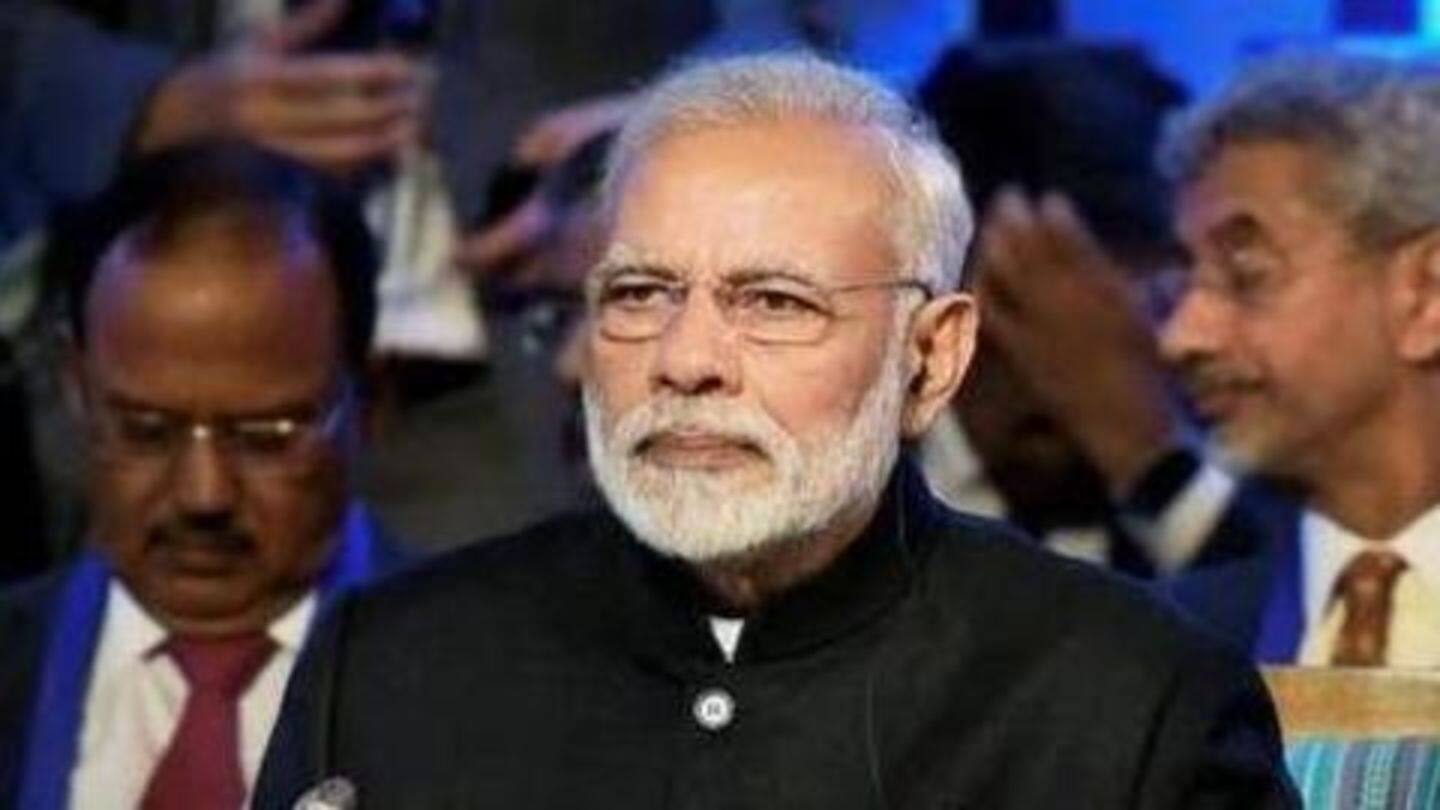
India decides against joining RCEP agreement: Sources
What's the story
India has decided against joining the Regional Comprehensive Economic Partnership (RCEP) agreement, the world's largest trade pact, government sources said on Monday. Reportedly, Prime Minister Narendra Modi, who is currently attending the ASEAN Summit in Bangkok, said that his conscience does not permit him to join the pact. The Asia-wide RCEP pact concerns 16 nations, which hoped to reach consensus at the ASEAN Summit.
Quote
RCEP agreement does not respect Indians' interest: Modi
According to government sources, PM Modi said at the summit, "When I measure the RCEP Agreement with respect to the interests of all Indians, I do not get a positive answer." He added, "Therefore, neither the Talisman of Gandhiji nor my own conscience permits me to join RCEP." India has called for a "mutually beneficial RCEP in which all sides gain reasonably," NDTV reported.
History
India reeling under impact of UPA government: Sources
Elaborating, sources told ANI that the UPA government opened 74% of its market to ASEAN countries, but "richer countries like Indonesia opened only 50% for India." The source added, "The UPA government also agreed to explore an India-China FTA in 2007 and join RCEP negotiations with China in 2011-12." They said India's domestic industry is "still reeling under the impact of these decisions."
Quote
Modi sought to resolve issues from UPA era: Source
The source further said, "The government, under PM Modi, has sought to solve these issues and the negotiations are continuing. It is therefore evident that India could not sign a further unequal deal under RCEP without resolving past issues."
RCEP statement
RCEP-participating countries will work towards resolving India's concerns
Meanwhile, according to CNBC, RCEP in a joint statement said, "We noted 15 RCEP participating countries have concluded text-based negotiations for all 20 chapters and essentially all their market access issues; and tasked legal scrubbing by them to commence for signing in 2020." Addressing India's outstanding issues, they said RCEP-participating countries will work together to resolve them in a "mutually satisfactory way."
Issues
India concerned about cheap Chinese goods flooding its market
Notably, India is concerned that China will use the RCEP pact to flood its market with cheap Chinese goods, and hurt the small businesses here. The opposition and the Rashtriya Swayamsevak Sangh (RSS)—the ruling BJP's ideological mentor—are also against joining the RCEP. Senior Congress leader Priyanka Gandhi Vadra also tweeted earlier today that joining the RCEP would result in an exponential rise in unemployment.
RCEP
What is the RCEP pact?
For the uninitiated, RCEP is a proposed free-trade agreement between 16 nations—10 ASEAN members, and China, Japan, India, Australia, New Zealand, and South Korea—covering half the world's population and a third of its GDP. The 16 nations met on the sidelines of the ASEAN summit, however, failed to resolve outstanding issues raised by India concerning the agreement through back-channel talks.